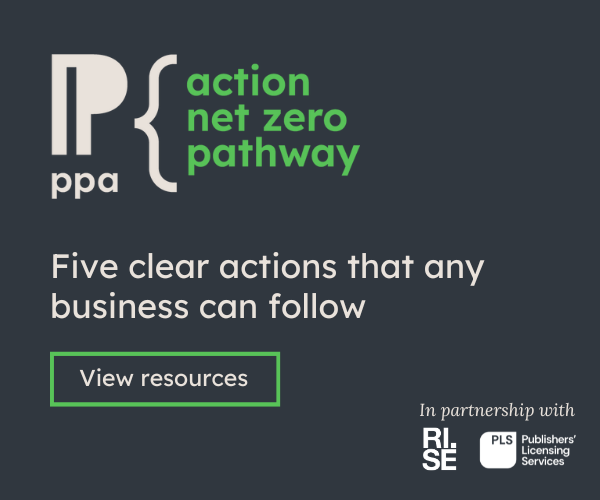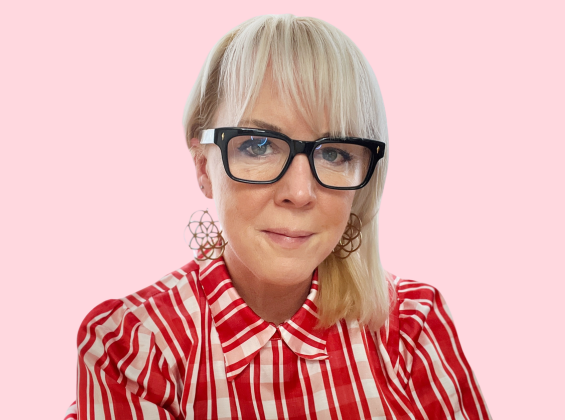What made you want to work in publishing?
I have always been ‘bookish’ in part thanks to my parents – we didn’t have a telly until I was 16 so before then I always had my nose in a book! I think that played a large part in cultivating my love of writing. I am a farmer by upbringing though and studied agriculture at university.
I ended up working for Farmers Weekly after initially writing a column for them and then doing some work experience that was organised by the excellent British Guild of Agricultural Journalists. This led to my applying for a full-time job with them in October 2016 as an arable reporter. The team always say we either take a journalist and train them about farming – or take a farmer and teach them to write. I was very much the latter.
How did it feel to win the Special Interest PPA Award?
To be recognised by a panel of our peers was extremely special, particularly as we were up against many other well-known and high-quality brands. Our industry has gone through some tough times in this pandemic, and it was great to see the hard work of our whole team recognised in this way. They have risen to the challenge of it magnificently.
Farmers Weekly impressed our judges in its ability to adapt to changes brought about by the pandemic – particularly in events. How did you implement such a quick and successful strategy around this?
Most of our pre-existing events were face-to-face. Some of them we had to drop but many were modified to make them appropriate as a webinar or other form of online event. The team also came up with a number of new initiatives during this time.
There’s a huge amount going on in agriculture at the moment as responsibility for farm policy is shifted from Brussels to Westminster and the devolved regions. Our readers have a real appetite to talk about this so having the team stay on top of the conversation and pick topics that farmers wanted to know more about was the most important thing.
You were appointed editor in December 2020 in the midst of the pandemic and lockdowns – what was that like?
I owe a lot to my predecessor Karl Schneider who did a huge amount during the early days of the pandemic to steady the ship in his dual role as editor and publisher.
Since taking the reins myself I have benefitted hugely from the support of the rest of the management team, all the staff and many acts of kindness from people in the farming industry. It has been tough taking on my first management role with everyone remote and I’m really pleased that we are starting to return to the office now.
Covid and Brexit have had a big impact on farming – how do you decide what to cover?
As with every other news organisation it is vital to stay in touch with your contacts. We need to understand the challenges for farmers in their fields as well as the rest of the food supply chain and policy makers. I have two simple priorities – practical solutions to farm-level problems for our features – and making sure we are the home of balanced debate on the biggest issues of the day for our news coverage. I want FW to be the place where people come to escape the noise of social media and find out the facts of what’s going on.
Farmers Weekly's success is partially own to the great connection you have with your audience – how have you garnered this relationship with them?
I think the strength rests on our heritage. One of my most important roles is to protect our reputation for honesty and integrity and continue to make sure we bring content to our readership how and when they want it – in print, online, through our podcasts or at an event. That is how we will maintain our relationship with our audience – and how they will continue to value what we do.
What’s on your radar?
The biggest challenge facing many farmers is the impending withdrawal of the government support payments that the industry has enjoyed in various guises since the end of the Second World War. This has helped to shield them from price volatility in the marketplace and slowed the pace of consolidation in the industry, preserving family farming businesses.
In England, this will be phased out by 2027 and their future is also uncertain in the rest of the UK. Helping farmers adapt to cope without this will be the challenge of the decade for our industry and we must play our part in helping them prepare for this.
What magazine do you stockpile?
I am a Private Eye subscriber. I’m in awe of Ian Hislop and his team growing the magazine’s readership as many other titles have fallen by the wayside. The magazine has a strong identity, continually high standards and isn’t afraid to speak truth to power. I hope people think of Farmers Weekly in the same way – and I’d love to be as mischievous as them on occasions too!









